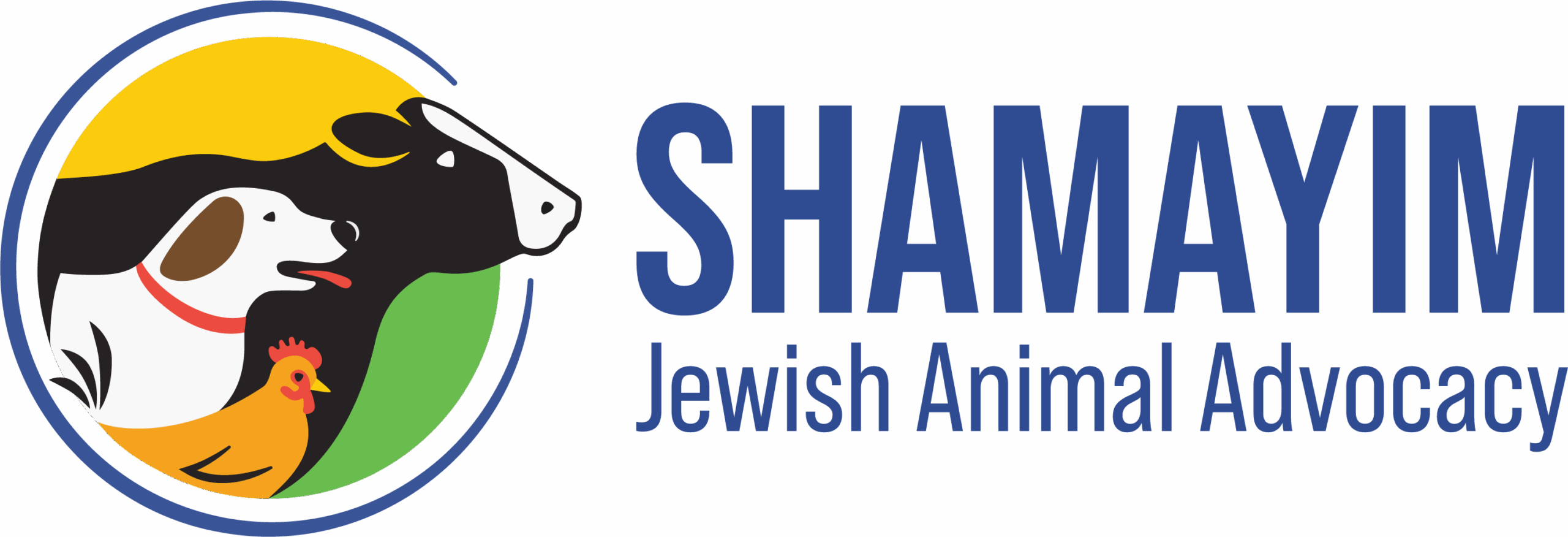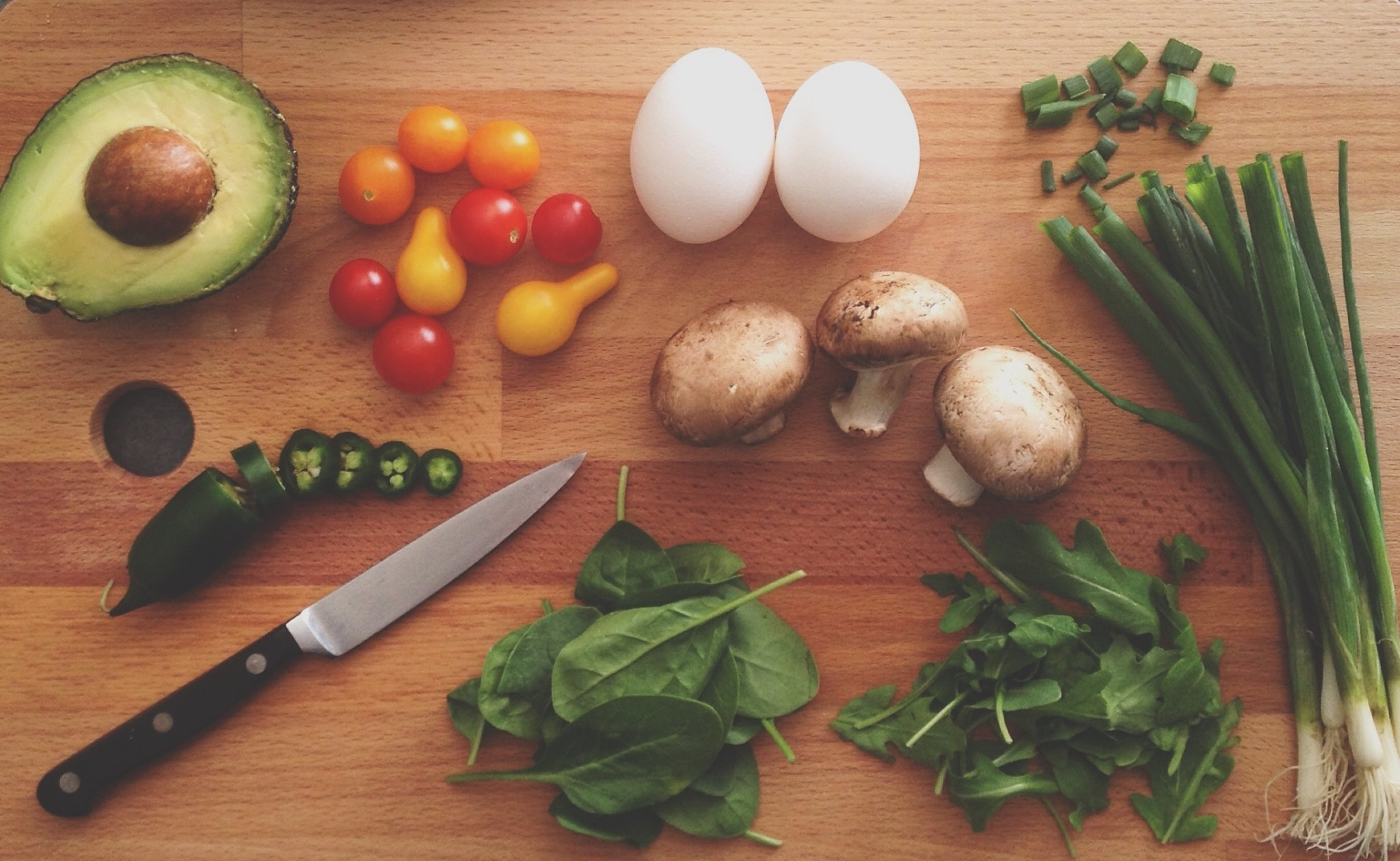May 29th, 2014
RABBI SHMULY YANKLOWITZ
As an Orthodox Jewish rabbi, I am deeply committed to keeping kosher. Even as a teenager, I took pride in the strict rules governing food preparation in the kashrut tradition—like the separating of milk and meat, and the strict supervision preventing the consumption of such things as blood or bugs—thinking it raised simple consumption to a higher ethical and spiritual plane.
Many have also long believed that kosher certification conveys greater healthfulness. That was especially the case in the era before government food inspection. During the period of the “New Immigration” (1880-1920), when East European Jews were crowded into neighborhoods such as New York City’s Lower East Side, kosher laws were seen as preventing illness, in contrast with nonkosher food such as pork, which was often contaminated with trichinosis, and other foods that were prepared without supervision. But the most important aspect of keeping kosher is that for centuries it has helped the Jewish people remain spiritually alive.
It pains me to say this, but given what I have learned in recent years, I cannot pretend anymore that kosher meat, poultry and dairy is any healthier or ethical than nonkosher food. I still promote how kashrut in its pure form aims to morally and spiritually elevate us, but the authentic realization of this timeless ritual is vanishingly rare.
For generations, kosher slaughter was a more intimate and thoughtful religious act. A century ago, the slaughtering was often handled by Jews in their own backyards. Meat consumption was much lower and was reserved for meals on the Sabbath and holidays. My grandfather was a butcher, and I can recall his singular passion for his service and his love for animals. But over time kosher slaughter has followed the trend of the nonkosher meat industry, toward large-scale industrial production, with animals leading bleak existences before the final trauma of slaughter.
Kosher meat, like kosher food in general, brings many Jews feelings of comfort and security, based on its mandatory rabbinic supervision and its spiritual link with Jewish heritage. As I learned about the reality of industrial kosher slaughter, however, I began to realize how far current practices of animal treatment and slaughter are from the traditional ethical values. I also found out that animals sent to kosher slaughterhouses are raised on the same cruel farms as those sent to nonkosher slaughter. As that reality sank in, I concluded that I would need to forgo the consumption of meat. I simply couldn’t spiritually separate what I was eating from the knowledge of its origin.
I came to a similar realization about poultry and dairy—their factory-farm origins are just as troubling. The fact that the modern reality of industrial food production extends into kosher facilities—which are supposed to be held to the highest ethical standards of treatment—brings me embarrassment and shame as an Orthodox rabbi and as a Jew.
It is hard to believe that it has already been a decade since the New York Times published an undercover investigation of a kosher slaughterhouse, exposing serious problems in the kosher-meat industry. The report shook the Jewish community, but unfortunately matters have not improved. Story after story continues to emerge about kosher-slaughterhouse scandals in Israel, the primitive method of “shackle-and-hoist” used in kosher slaughter, and the lack of standards for decent treatment. In recent months, significant abuses were reported at an Israeli kosher slaughterhouse and the U.S. Department of Agriculture suspended the operations of a slaughterhouse in Shrewsbury, N.J.—one that procures both conventional and kosher meat—for its inhumane handling of calves.
One particularly disturbing loophole in USDA regulation that was brought to light in late 2013 relates to the horrible mistreatment of sick and injured calves. Downed calves, or calves that are too sick or injured to rise to their feet, should be immediately euthanized, rather than being brought to slaughter, according to the USDA. However, some slaughterhouses have exploited a loophole in the regulation by shocking, kicking, lifting calves by their tails and ears, or dragging the calves by chains to bring them to slaughter. The Humane Society of the United States filed a legal complaint and forced the USDA to investigate this cruelty, after taking a video at a slaughterhouse—one that does kosher slaughter—in New Jersey. It is time the USDA starts forcefully regulating this industry to prevent these cases of shocking and violent cruelty.
Despite all these sad realities, I still keep kosher by eating a healthy, kosher-certified, plant-based diet. I am committed to Jewish law in general and kashrut in particular as a means of bringing ethical and spiritual consciousness to food consumption. I pray for a day when the kosher-meat and -dairy industries respect the sentience of the animal and venerate the divine in creation.


Leave a Reply